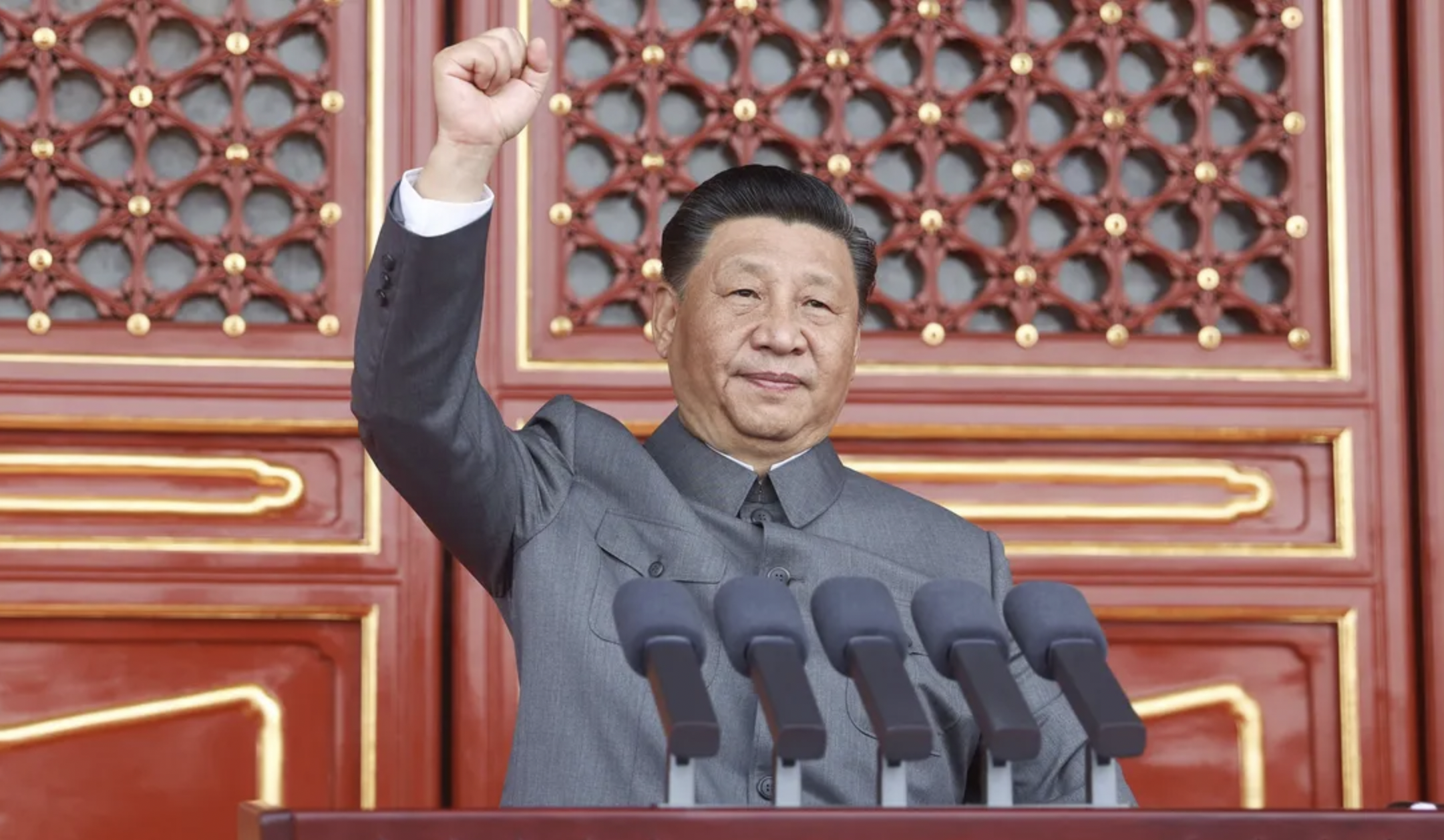Joe Biden’s ‘Dictator’ Kinsley Gaffe
 Reuters
Reuters
Lisa Van Dusen
June 21, 2023
If there were a Smithsonian National Museum of Kinsley Gaffes, President Joe Biden’s use of the word “dictator” to describe President Xi Jinping would be inscribed in the frieze adorning the dome of the rotunda. Perhaps not in English, as the direct quote from a Kentfield, Calif. fundraising event on Tuesday in reference to the Great Chinese Spy Balloon Scandal — “That’s a great embarrassment for dictators. When they didn’t know what happened” — likely reads better in Latin.
That Biden also said Earth is spherical and water is wet went miraculously unreported, perhaps because Earth and water aren’t dictators, a designation which, when applied to geopolitical leaders as opposed to children’s ballet-class teachers (RIP, Mme. Duvalle), has an accepted meaning that can be measured for accuracy against its literal definition as easily as can roundness and wetness.
Per Merriam Webster, that definition of dictator is: “A person granted absolute emergency power” (see policy, Zero COVID); also, “One holding complete autocratic control: a person with unlimited governmental power,” (see CPC, control over); and, “One ruling in an absolute and often oppressive way” (see: genocide, Xinjiang; engineering, social; state, surveillance; and censorship, fanatical.
Which is why Biden’s use of the word “dictator” to describe a dictator is a Kinsley gaffe rather than a classic Bidenian gaffe, because a Kinsley gaffe, named for former New Republic Editor Michael Kinsley, who coined this more nuanced variation on the Merriam Webster definition of gaffe, is, “A gaffe is when a politician tells the truth – some obvious truth he isn’t supposed to say.”
Beijing responded to Biden’s use of the word dictator in the usual fashion of all dictatorships, with hyperbolic projection (see Lavrov, Sergey). The Chinese foreign ministry described Biden’s remarks as “extremely absurd and irresponsible”, adding that they “seriously violate basic facts, diplomatic protocols and China’s political dignity.”
If any other dictator behaved in a similar fashion but also happened to be head of government of say, Turkmenistan — the world’s 84thlargest economy — calling him a dictator would not be considered a gaffe.
That Xi Jinping is a dictator is substantively indisputable. The reason that anyone would label the label a gaffe has to do with the apparently borderless lèse-majesté domain afforded a dictator who also happens to be president of the world’s second-largest economy. That special — fiscally inspired, trade rationalized, fear-of-retaliation-calibrated — dispensation from the longstanding norms of determinative truth, media coverage, diplomatic leverage and value judgment has been such a magical feature of China’s power consolidation over the past two decades that it has acted as a propaganda amplifier, an anti-democracy accelerant and, perhaps most remarkably, an apparent soporific on Western intelligence agencies.
The reason we can surmise that Xi Jinping’s status as head of government of the world’s second-largest economy is such a disproportionate driver of his status as a geopolitical player is that if any other dictator behaved in a similar fashion but also happened to be head of government of say, Turkmenistan — the world’s 84thlargest economy — calling him a dictator would not be considered a gaffe.
Indeed, when legendary Turkmenistan dictator Saparmurat Niyazov began re-naming months of the year after his poodles and days of the week after his kitchen implements, the Western media and diplomatic echo chamber immediately filed that behaviour under “dictator”. When Xi Jinping bans all public depictions of Winnie-the-Pooh, the global content sphere chuckles past the existential implications of a purported new world order led by a man waging a vendetta against a cartoon bear. Such is the narrative domination power of 8.1 percent posted GDP growth that may or may not be entirely accurate. Item 37 in the “Are you a dictator?” checklist: Do you regularly assert dominance over the insubordination of numbers?
The costs of China’s special economic dictatorship dispensation to global democracy, international human rights, intellectual capital and peace, order and good government across a number of jurisdictions have been incalculable.
If the prerogative of the president of the United States to use the right word in the correct context — post-bilateral visit timing notwithstanding — without unleashing a propaganda backlash has now been added to that list, we’re in territory far beyond Orwellian dragons.
Policy Magazine Associate Editor and Deputy Publisher Lisa Van Dusen was a senior writer at Maclean’s, Washington columnist for the Ottawa Citizen and Sun Media, international writer for Peter Jennings at ABC News and an editor at AP National in New York and UPI in Washington.
